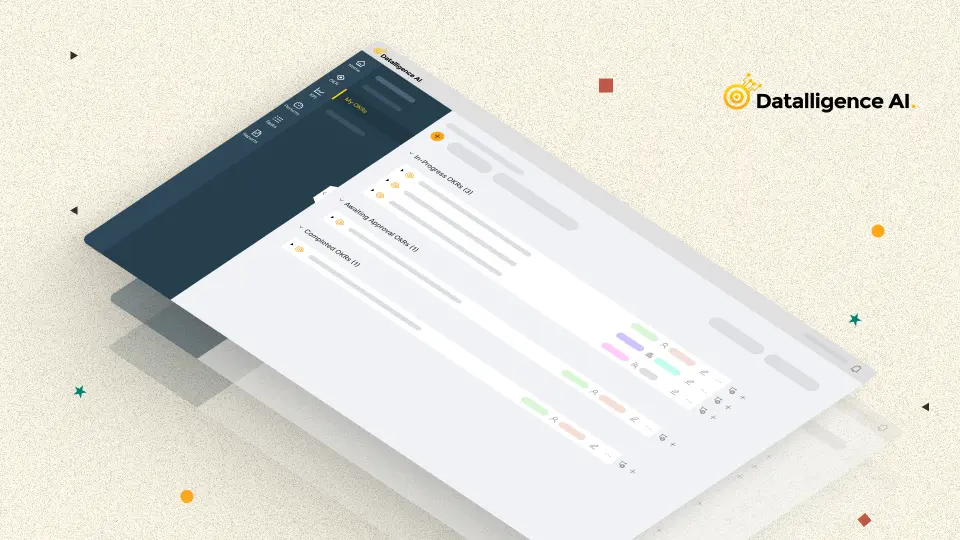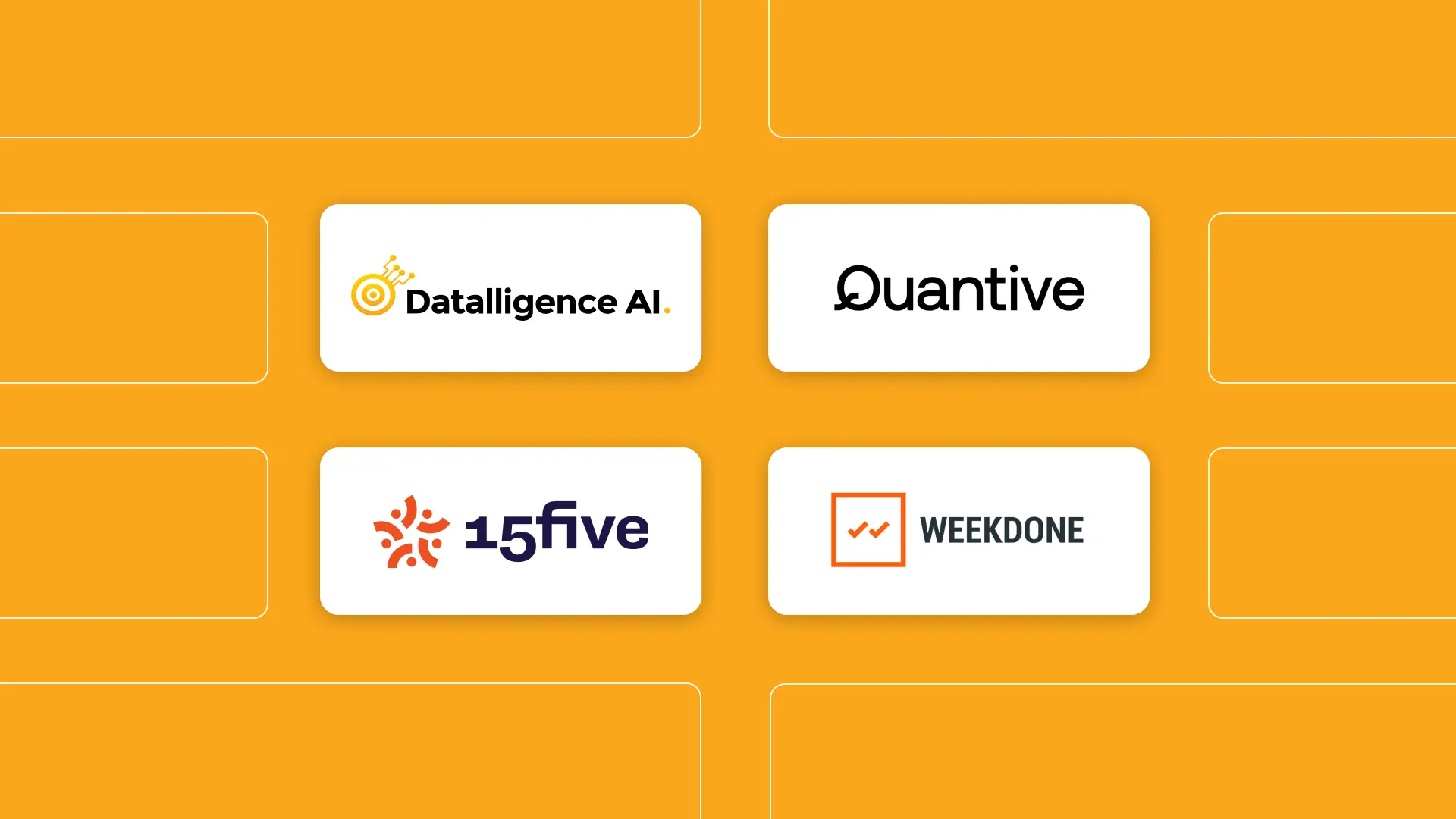In our current work-from-home environment, productive team communication and interaction are important for achieving productivity and cooperation. One of the effective methods is participating in check-in meetings whereby team leaders have the ability to ask meaningful questions that will help in involving remote employees leading to a good working atmosphere. In the following paper, we are going to provide you with a holistic collection of best check-in questions meant for remote teams that can be classified according to different types of meetings and objectives. Whether you are a supervisor, an employee or a team leader, these inquiries will help you create stronger relationships among your employees and boost morale thereby ensuring all participants feel appreciated and heard in this virtual workplace.
What are Check-In Meetings?
Check-in meetings are customary convocations for team members to get in touch with each other, share news, and talk about challenges and progress. These meetings allow team leaders to know how their remote teams are doing, ensure that everyone is moving forward accordingly, as well as sort out any issues or blockages they might have. Check-in meetings may be held in a number of ways; they can be one-on-one sessions, weekly round-ups, project check-ins or whole-team parties. Nevertheless, the aim does not change: improve communication openness of the employees , make bonds tighter between them and create atmosphere of belongingness and encouragement among the geographically separated community.
The Importance of Check-In Meetings for Remote Teams
Remote work presents unique challenges, including feelings of isolation, lack of face-to-face interaction, and potential communication gaps. Check-in meetings play a crucial role in addressing these challenges and creating a cohesive and engaged remote team. By regularly checking in with team members, managers can:
- Stay updated on project progress and potential roadblocks.
- Provide support and guidance to team members.
- Foster a positive work environment and boost team morale.
- Address any concerns or issues promptly.
- Identify opportunities for professional development and growth.
- Enhance team collaboration and productivity.
How to Conduct Effective Check-In Meetings
Conducting effective check-in meetings requires careful planning and thoughtful execution. Here are some tips to ensure your check-in meetings are productive and meaningful:
- Prepare in advance: Take the time to plan the agenda, identify the key topics to discuss, and gather any necessary information or data. This will help keep the meeting focused and ensure you address important areas.
- Set a regular schedule: Establish a consistent schedule for check-in meetings, whether they are one-on-one sessions or team-wide gatherings. This allows team members to plan ahead and ensures everyone has an opportunity to contribute.
- Create a safe and inclusive space: Encourage open and honest communication by creating a safe and non-judgmental environment. Foster a culture where team members feel comfortable sharing their thoughts, concerns, and ideas without fear of criticism or reprisal.
- Ask open-ended questions: Use open-ended questions to encourage meaningful discussions and elicit more than just a simple yes or no response. This allows team members to express their thoughts, share insights, and engage in deeper conversations.
- Actively listen: Practice active listening during check-in meetings. Pay attention, show genuine interest, and paraphrase or clarify information to demonstrate your understanding and support. This helps build trust and rapport within the team.
- Document action items: Take notes during the meeting and summarize the key takeaways, action items, and next steps. Share these notes with the team afterward to ensure everyone is aligned and accountable for their assigned tasks.
- Follow up: After the check-in meeting, follow up with team members individually or as a group to provide additional guidance, support, or feedback. This reinforces the importance of the check-in process and shows your commitment to their success.
Best Check-In Questions for Remote Teams
Now, let’s dive into the best check-in questions for remote teams, categorized based on different meeting types and goals. Feel free to adapt and customize these questions to suit your team’s specific needs and dynamics.
One-on-One Check-In Meetings
One-on-one check-in meetings provide an opportunity for managers and team members to connect on a deeper level. These questions can be used as icebreakers or to delve into work-related matters:
- What are your top priorities for this week?
- How can I support you in achieving your goals?
- Is there anything blocking your progress or causing challenges?
- What accomplishments are you most proud of since our last meeting?
- How do you feel about your workload and time management?
- Are there any skills or areas you would like to develop further?
- What feedback do you have for me as your manager?
- How can I help you maintain a healthy work-life balance?
- Are there any personal or professional challenges you would like to discuss?
- What can we do differently to improve our working relationship?
Weekly Recap Meetings
Weekly recap meetings provide an opportunity to review the week’s progress, address any challenges, and celebrate achievements. Use these questions to guide your discussions:
- What were your major accomplishments this week?
- Did you face any unexpected obstacles or challenges? How did you handle them?
- Are there any tasks or projects that require additional support or resources?
- How do you feel about your contributions to the team’s goals?
- Is there anything you would like to learn or improve upon in the coming weeks?
- What feedback or suggestions do you have for improving team collaboration?
- Are there any upcoming deadlines or milestones we should be aware of?
- How can we better align our work with the team’s overall objectives?
- Are there any concerns or issues you would like to address?
- What can we do to make our weekly meetings more effective and engaging?
Project Check-In Meetings
Project check-in meetings are focused on specific projects or tasks. Use these questions to assess progress, identify challenges, and ensure everyone is on track:
- What progress have you made on your assigned tasks since our last meeting?
- Are there any roadblocks or obstacles preventing you from completing your tasks?
- How do you feel about the project’s timeline and deadlines?
- Have you encountered any unexpected issues or risks? How are you managing them?
- Do you have all the resources and support you need to successfully complete the project?
- Are there any areas where you require additional training or guidance?
- What lessons have you learned from the project so far?
- Are there any adjustments or changes we need to make to the project plan?
- How can we better communicate and collaborate as a project team?
- What can we do to ensure the project’s success and meet our goals?
Team Check-In Meetings
Team check-in meetings aim to foster team cohesion, boost morale, and address any team-wide issues or concerns. Consider these questions to promote open communication and build a positive team culture:
- How is everyone feeling about their work-life balance?
- What achievements or wins can we celebrate as a team?
- Are there any challenges or obstacles the team needs to overcome?
- How are we supporting each other’s professional growth and development?
- Are there any team-building activities or initiatives you would like to suggest?
- What can we do to promote a positive and inclusive team environment?
- How can we better communicate and collaborate as a team?
- Are there any concerns or issues affecting team morale or productivity?
- What can we do to enhance our team’s overall performance and success?
- What feedback or suggestions do you have for improving team dynamics?
Additional Check-In Questions for Meetings
Here are some additional Work check-in questions that can be used in various meeting types and settings:
- What are your personal and professional goals for the upcoming month?
- How do you define success in your current role?
- Are there any areas where you would like to receive more feedback or recognition?
- What professional development opportunities would you like to pursue?
- How do you prefer to receive feedback and constructive criticism?
- Is there anything you would like to change or improve about our work processes?
- What are your preferred methods of communication for remote collaboration?
- How can we create a more inclusive and diverse team culture?
- Are there any external factors or challenges impacting your work?
- What support or resources do you need to excel in your role?
Conclusion
In the world of remote work, effective communication and connection are essential for maintaining a thriving and productive team. Check-in meetings serve as a powerful tool for fostering open dialogue, building relationships, and addressing challenges. By incorporating the best check-in questions for remote teams into your meetings, you can create a supportive and engaged work environment where team members feel valued and connected. Remember, adapt these questions to your team’s specific needs and goals, and regularly assess the effectiveness of your check-in meetings to continuously improve your team’s dynamics and success.
At Datalligence.ai, we understand the importance of effective communication and collaboration in remote teams. Our comprehensive suite of tools and solutions is designed to enhance remote team productivity and engagement. Visit our website to learn more about how we can support your remote workforce and create a seamless virtual work environment.











